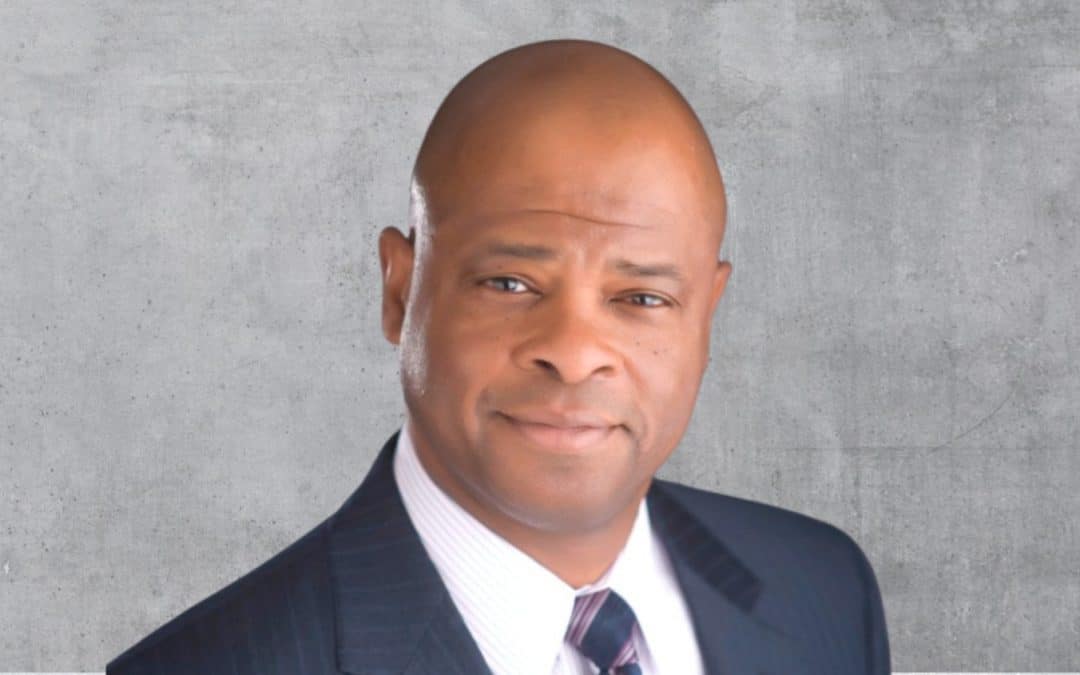That’s a very interesting question. I’m not so sure that policy issues are at the forefront of the debates we will see in the upcoming days. I would say that at the beginning of the Biden administration, there was a lot of talk around infrastructure, community development and housing. It’s not clear which policies will emerge as the discussion topics for folks, but I would imagine once we get closer and the rubber starts to meet the road – maybe in September – housing is going to emerge and both candidates will have to address it.
Former Speaker of the House Tip O’Neill famously said that all politics is local. Are politicians at in this year’s races in municipalities at state level paying attention to housing issues?
I would say locally, yes, and you can find that especially on the East Coast and in some places where there’s a tremendous imbalance between supply and demand. To me, you’ll find mayors who are visionary and doing some amazing things, like the mayor here in D.C. who puts aside $100 million a year in The Housing Trust Fund because she understands the importance of making those balances. You can even find on the other side of the aisle with Gov. DeSantis in Florida, who decided to make housing a state issue and to provide for tax breaks associated with housing for the state.
There is also an issue of the unhoused – homelessness is at record levels, but this often seems like a problem that many people don’t want to acknowledge. Is it feasible to continue to pretend that this is not a major problem?
Homelessness is a huge issue, and the more you start seeing those encampments in the downtown areas where people go to work or shop, then you’re forced to have to deal with it.
For me, there are structural ways to deal with it. Certainly, if you look at an author by the name of Greg Colburn, who wrote the book “Homelessness is a Housing Problem.” He breaks it down to two basic things that that empirically explain the existence of homelessness across the United States: It is the price of rents and the price of housing, and it is the structure of the housing supply.
In those places where zoning is more appropriate and that you can build housing both quicker and different types of housing, you have less of a homelessness problem. And in those places where there is a lower cost – like Philadelphia, perhaps or Detroit – homelessness is not as bad of an issue. Those are the two things that he separates out, distinguishing them from the myths around what causes homelessness, like laziness or weather or which political affiliation you’re a part of – from his perspective, they are not significant in terms of their explanation of homelessness.
If any of the political campaigns were to call on you and saying they need solutions to address the current housing challenges, what advice would you give them?
Probably three or four things, if not five or six things. First, you have to make the process simpler to get through at the local level. You have to be able to start a project before three years. You should be able to get a project done, start to finish, within a year or a year and a half.
I think the second thing, and Congress is working on it now, is the expansion of some of the financing tools that are out there. The housing tax credit needs to expand to meet the demand. And I think within that, we should start to emphasize things like preservation, which is cheaper on a per unit basis than new construction.
The third thing is looking at a key component –and that’s looking at land as a subsidy, especially the land where it’s as held by public or quasi-public folks that should be made available to act as a subsidy to lower the cost of the housing production. We know from the economic development perspective that density and economic growth are directly related, and certainly there might be certain areas where you don’t want to create density. But there are areas like commercial regional centers that could be used for that zoning density that allows you to provide the supply but with a cost at different cost levels so that folks can enter in.
We need to think through what we mean in terms of just subsidizing housing and look at subsidizing housing as economic infrastructure, as opposed to being a commodity. And then lastly, there are some things that, from my perspective, are hidden cost. If I’m doing multifamily, the cost of insurance is going to skyrocket. So on the affordable end, I would certainly look at ways to perhaps control the cost of insurance that, in some instances, has gone up anywhere between 30% to 100% in terms of a line item. Those things need to be looked at.
















